Social listening gives priceless insights into what the public thinks about your brand and the products or services you offer. Traditionally brands performed surveys and market research to find out what consumers liked or disliked. In today’s business world it's possible to track, analyze, and strategize in near real-time through social media.
People’s likes, comments, hashtags, reviews, and other actions show how a brand is being perceived at any given moment. With increasingly customer-centric business models, it’s vital to keep your fingers on the pulse of public opinion to improve digital marketing strategies. This is achieved through social listening.
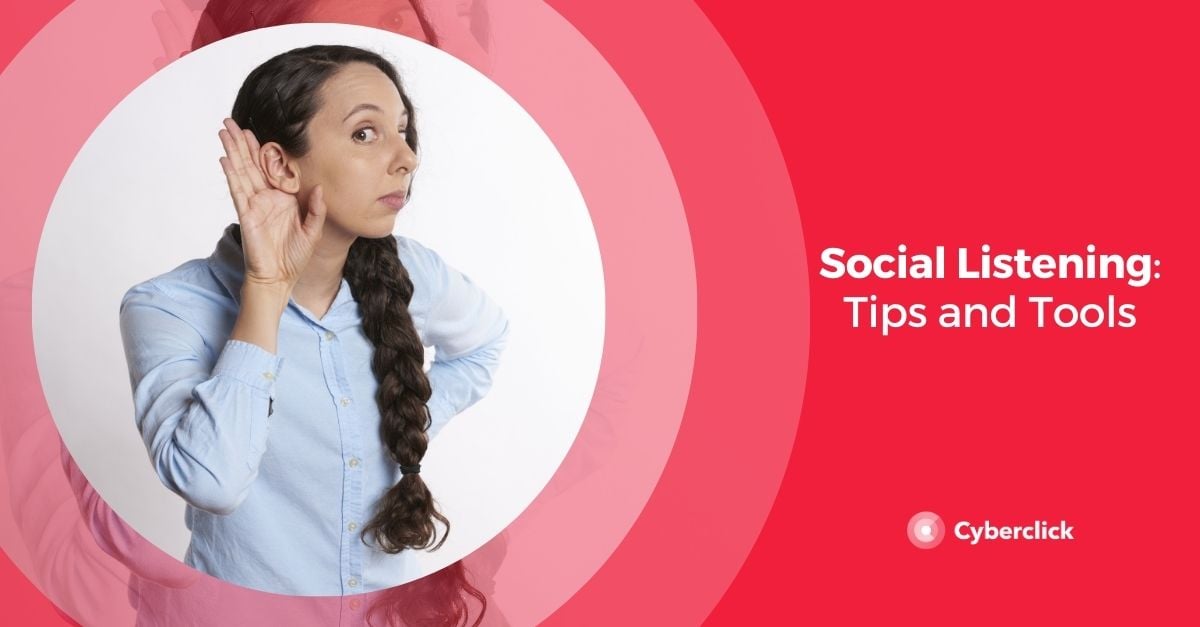
What Is Social Listening?
Social listening is the process of tracking, analyzing, and acting on mentions of your brand or industry online. What if you overheard two people talking about your brand while in line at the grocery store? Wouldn't you introduce yourself and join the conversation, or at the very least listen intently and perhaps adjust your strategy accordingly? Social listening works the same way but online. Through social listening, you can gain powerful insights about online public opinions. Being up to date on public sentiment helps you notice and react not just to mentions of your brand, but also to industry trends and how competitors are being perceived.
Here are some key points you can track through social listening:
- Brand names
- Product or service names
- Hashtags
- Slogans
- Events
- Competitor names, products, hashtags, etc.
- Industry-specific descriptions or names
Access to this type of feedback is absolutely priceless. People are voicing their opinions unabashedly, which means there’s really no filter and you’re getting the truth straight from the horse’s mouth. With the information social listening provides, you can make targeted and validated improvements to your business.
Why Social Listening Matters
Social listening matters because it gives direct access to the online mood surrounding your brand, industry, and competition. Social listening benefits businesses in numerous ways. Here are some ways social listening can have a serious positive impact on your brand.
Eliminate Guesswork
Using social listening allows you to know exactly how people feel about what you’re offering. You no longer need to guess about how your content marketing is landing-you know it’s relevant and targeted because you’ve been listening and you’ve made adjustments.
Boost Interaction and Help Manage PR Problems
By tracking mentions you can interact directly with the public. When people mention your brand in either a positive or negative light you can follow up immediately. If they’re praising your brand you can thank them and even follow up further through DMs. Obviously, if you’re getting plenty of positive responses to a product or campaign, do more of the same! Conversely, if people are unhappy, you can assure them they’ve been heard and are working on the problem.
Social listening also helps to avoid PR disasters before they get out of hand. If one of your posts or campaigns has rubbed people the wrong way you can apologize or pull the ads before it's too late. Overall social listening shows people that you care and that you’re willing to be part of the bigger conversation.
Pinpoint Pain Points
As mentioned, social listening gives insight into what’s going on in your industry. This can include frustrations or problems with existing products, communications, or customer care, whether yours or a competitor’s. It’s this real-world and real-time feedback that brands could only dream of in the past. You can listen to these pain points and tweak your products and services to deliver exactly what consumers want. One simple way to find pain points is to simply ask. Ask your existing customers or put out an ad campaign asking what's missing from brands in your industry. The responses might surprise you!
Identify Brand Advocates
Some people just love to share about things they like and that includes brands. Through social listening, you can identify people who are already raving about your products/services and reach out to them for collaboration. In some cases, they might be industry influencers, which means you could offer to work with them on an influencer marketing campaign.
Monitor Competitors
Social listening keeps you in the know about what moves your competitors are making. Perhaps they’re launching new products or campaigns. Perhaps they’re receiving lots of positive feedback or negative reactions. By keeping your ear to the ground you can adjust your strategies based on what’s happening with your competition.
Generate New Leads
By answering questions and responding to comments about your industry or brand you position yourself as an authority for potential customers. Social listening provides the opportunity to interact and deliver value to potential leads who then have a positive experience with your brand. This can be the first step towards your inbound marketing funnel and ultimately making a sale.
Best Social Listening Tools
Staying on top of all the social listening information we’ve described above probably sounds like a real headache. Luckily there are quite a few tools out there to help you comb through social media platforms to find what you’re looking for. Here are a few of the best.
1. Hootsuite & Hootsuite Insights
Hootsuite is an incredibly powerful social media management tool that includes tracking multiple social media streams for comments, mentions, and hashtags. You can also respond and communicate directly through Hootsuite and not have to open each individual platform.
Hootsuite Insights takes things even deeper by allowing you to monitor millions of social posts and conversations in real-time across the world. This helps track trends and other insights using demographic and time-based filters and find things you might miss with the more general Hootsuite tool. Alerts keep you informed of spikes in sentiment.
2. ReviewTrackers
ReviewTrackers makes tracking reviews a snap. You can monitor reviews from 50+ sites just minutes after they’ve been posted. You can also share reviews directly to social media from the ReviewTrackers dashboard and the tool integrates with Hootsuite for filtering options. In addition, you can respond to reviews on Google or Facebook through the app.
3. Synthesio
Another Hootsuite integrated app that keeps a close eye on mentions across multiple social streams. With Synthesio you can share to social networks and assign mentions to different team members to be resolved. You can also DM, reply, and retweet directly within the app. Synthesio also lets you use filters to identify your audience based on country, topics, language, gender, and more.
4. Hubspot Social Media Management Software
Like Hootsuite, this Hubspot tool is a complete management software to plan, execute, and monitor everything related to your social campaigns. This also includes monitoring trends related to keywords of your choice and of course posting, commenting, and messaging on various platforms without leaving your central Hubspot account.
5. Sprout Social
Sprout Social integrates with Hubspot and is another tool that helps you manage your social accounts and interactions through a single application. What sets Sprout Social apart is it’s dedicated "Listening" tool and extremely user friendly design that contains a wide array of features. Sprout Social is pricier than Hootsuite but definitely delivers as a next level tool in social listening.
6. Brandwatch
Brandwatch allows you to discover key insights from your digital consumers and thus stay ahead of your competition. It is one of the most used tools in the market.
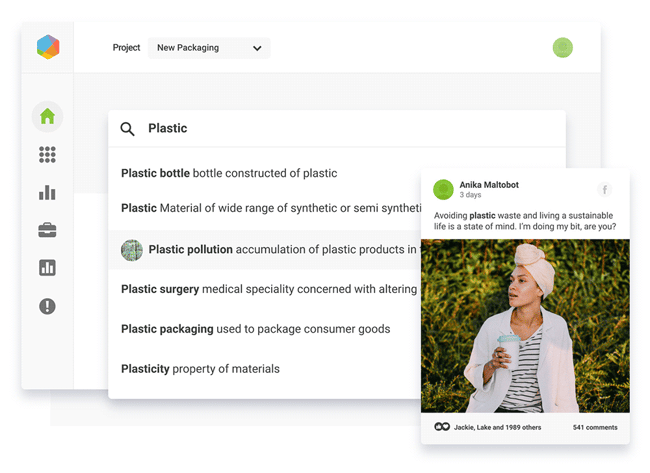
7. Tweet Binder
Twitter is one of the best social networks for knowing how users feel about a brand, product, or service. Its text-based nature makes it ideal for posting reviews, whether they are positive or negative. With Tweet Binder, you can analyze mentions, calculate the reach of a tweet, and discover influential users.
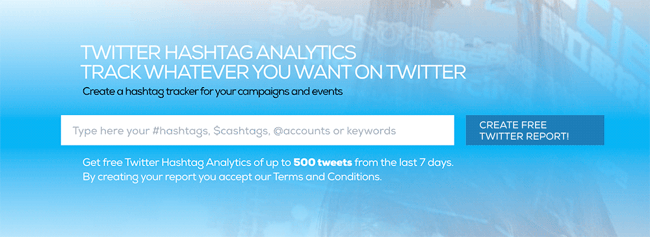
8. Oktopost
Oktopost is a social media management tool that also includes social listening. One interesting feature is social employee advocacy whereby you can manage how employees help promote your social content. You can also share live dashboards about social conversations with your team.
All in all, social listening is one of the most important activities a brand can engage in. Incredible amounts of resources and time are spent planning and managing social marketing campaigns, sometimes without any regard to public sentiment. With the tools we’ve shared above, brands can tap into people’s opinions in real-time and create truly targeted campaigns, products, and services. As a business, sometimes it’s much better to listen before talking.
Es Licenciada en Economía y Derecho por la Universidad Pompeu Fabra. Está especializada en acciones integrales de marketing online para la generación de leads y en la planificación de campañas de e-mail marketing, Mobile Marketing, Content Advertising y Social Media.
Nerea holds a degree in Economics and Law from Pompeu Fabra University. She specializes in comprehensive online marketing actions for lead generation and in planning e-mail marketing, Mobile Marketing, Content Advertising and Social Media campaigns.

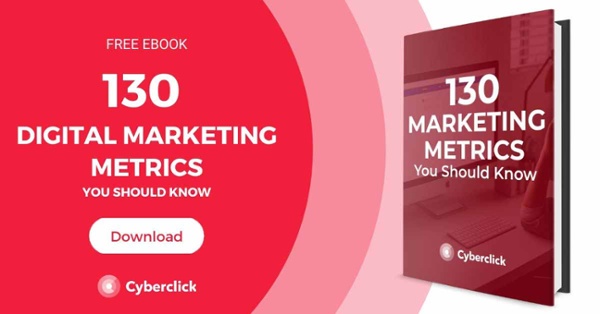


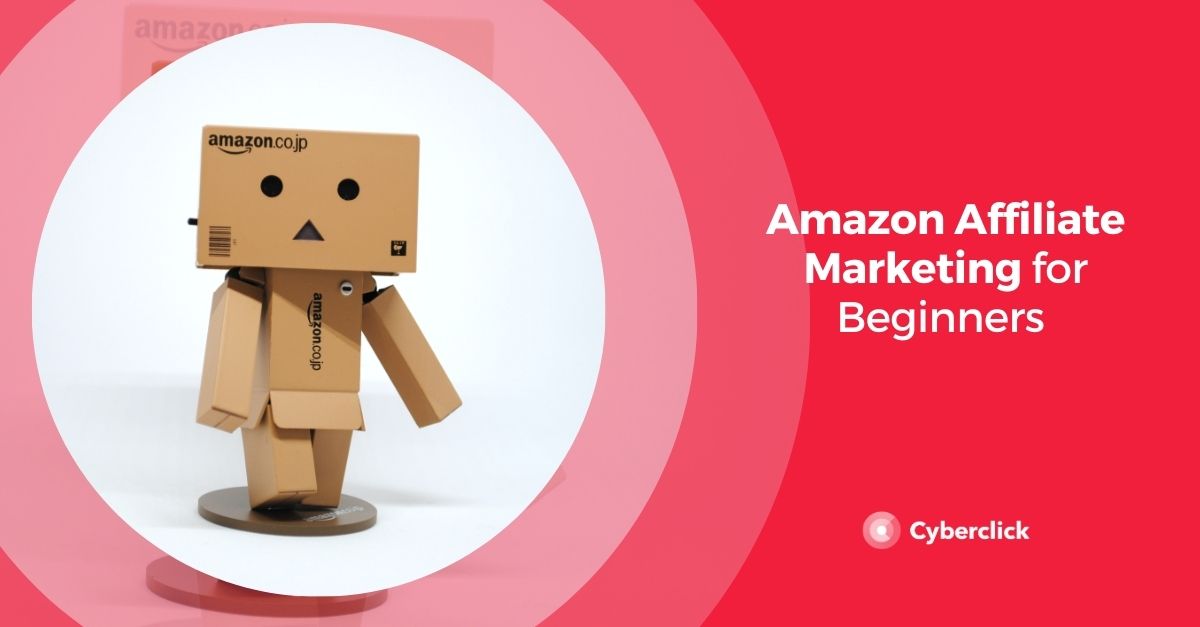
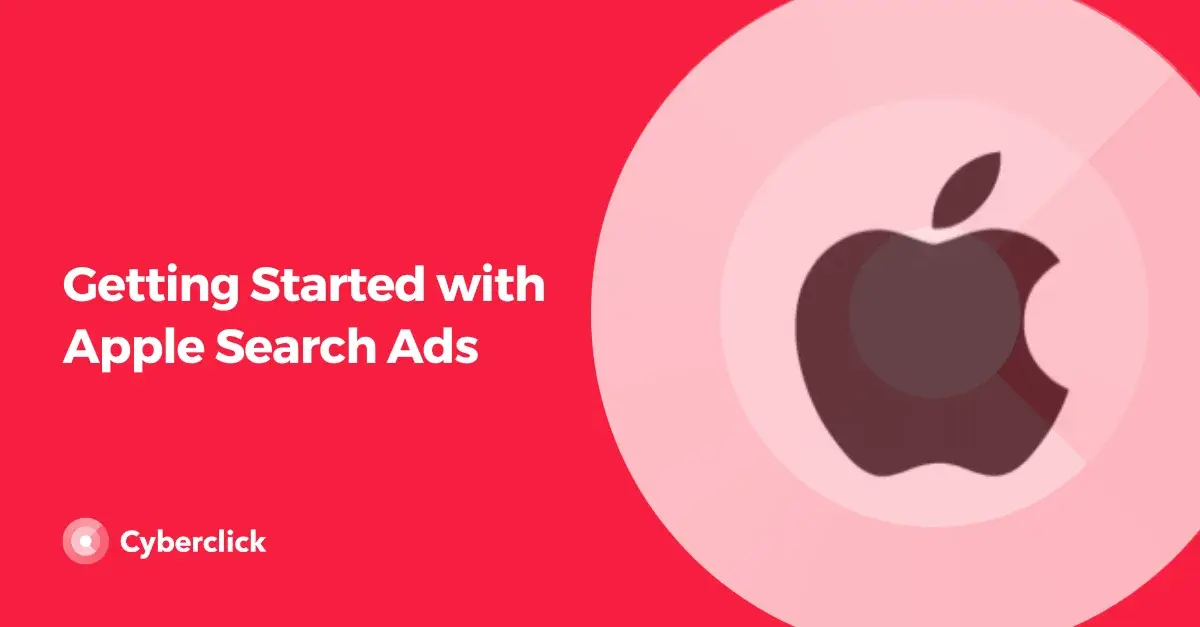
Leave your comment and join the conversation